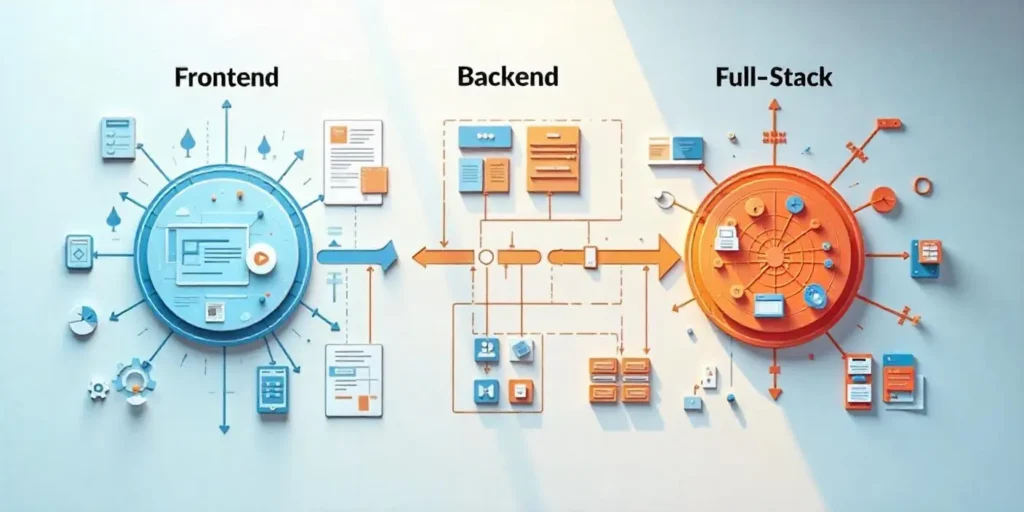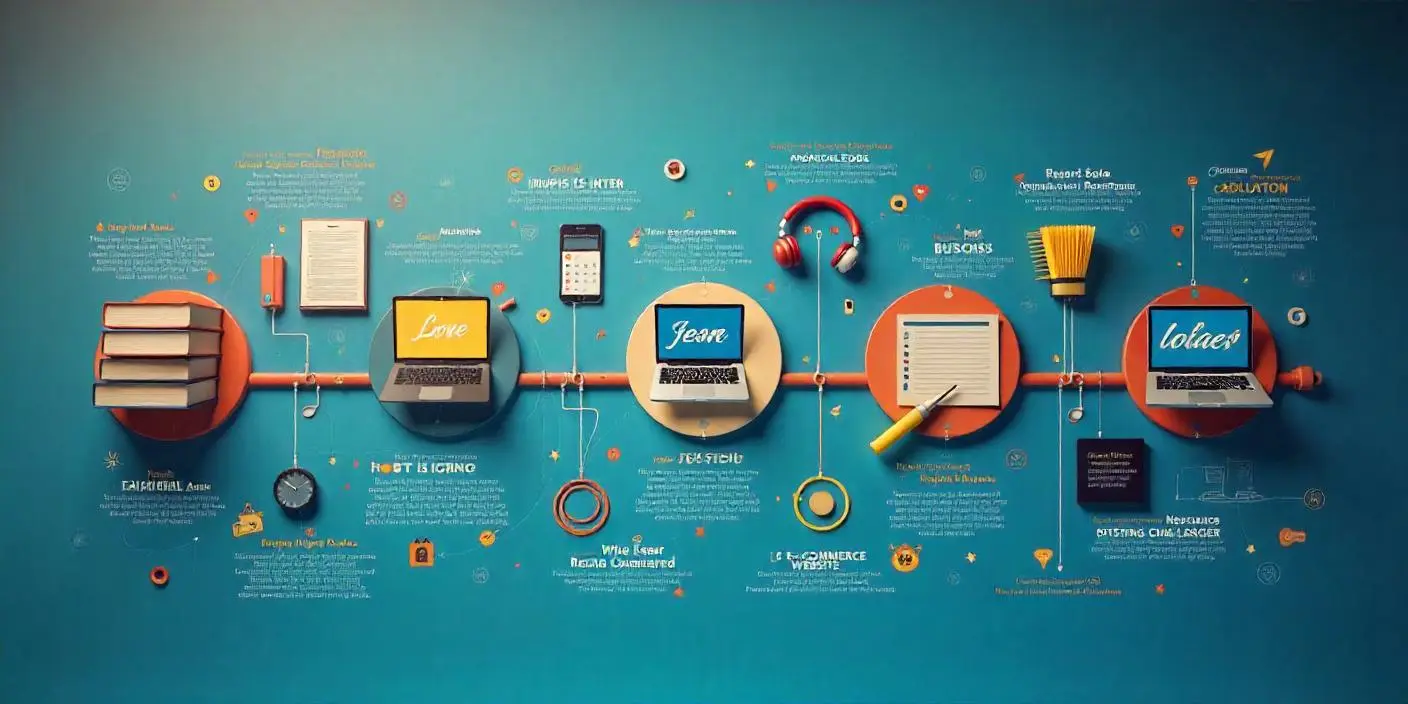Software development is more than just a career—it’s a gateway to shaping the technology-driven future of our world. In 2025, the demand for skilled software developers will continue to soar, with industries across healthcare, finance, entertainment, and beyond seeking experts who can craft innovative solutions. If you’ve ever dreamed of developing cutting-edge apps, designing seamless user experiences, or building secure backend systems, this guide is for you. By the end of this article, you will gain a deep understanding of the steps to become a proficient software developer, the different roles you can pursue, and how to make informed decisions on your journey. Let’s embark on a detailed exploration of what it takes to thrive in software development in 2025.
Who is a Software Developer?
A software developer is a professional who designs, builds, and maintains applications, systems, or platforms that drive modern technology. Their work forms the backbone of applications, from mobile apps to enterprise software. Here, we’ll delve into the primary specializations within software development, their roles, and responsibilities.

Frontend Developer
Frontend developers are responsible for crafting the user-facing side of applications. They ensure users have a seamless, interactive, and visually appealing experience.
- Skills Required:
- HTML/CSS: Core building blocks for web pages.
- JavaScript: Essential for adding interactivity.
- Frameworks: React, Angular, or Vue.js for efficient and scalable design.
- Responsive Design: Ensures compatibility across devices.
- Testing Tools: Jest, Selenium, or Cypress for debugging and testing.
- Responsibilities:
- Design responsive and user-friendly interfaces.
- Collaborate with backend developers to integrate APIs.
- Optimize performance for better load times.
- Maintain consistent branding and design standards.
- Example in Action:
- Developing the UI for an e-commerce platform where customers can browse products, add items to the cart, and complete transactions seamlessly.
Backend Developer
Backend developers focus on the server side of applications. They ensure functionality, security, and scalability of systems that power user interactions.
- Skills Required:
- Languages: Python, Java, Ruby, PHP, or Node.js.
- Databases: MySQL, PostgreSQL, or MongoDB.
- APIs: RESTful or GraphQL services.
- Server Management: Knowledge of AWS, Azure, or Google Cloud.
- Responsibilities:
- Develop and manage databases.
- Implement business logic and ensure data integrity.
- Secure systems against cyber threats.
- Optimize server performance.
- Example in Action:
- Building a secure payment gateway for an online marketplace, ensuring encryption and seamless transactions.
Full Stack Developer
Full stack developers are skilled in both frontend and backend development, making them versatile assets in any tech team.
- Skills Required:
- Combination of frontend and backend technologies.
- Familiarity with DevOps practices for deployment.
- Understanding of version control systems like Git.
- Responsibilities:
- Oversee the complete lifecycle of application development.
- Troubleshoot issues across the tech stack.
- Collaborate with cross-functional teams to deliver end-to-end solutions.
- Example in Action:
- Developing a blogging platform where users can write, edit, and publish articles while managing the backend for storing and retrieving content.
Roles and Responsibilities of a Software Developer
- Analysis and Planning:
- Understand client requirements.
- Create wireframes or prototypes.
- Design and Development:
- Develop code following best practices.
- Integrate APIs and third-party services.

- Testing and Debugging:
- Identify and fix bugs.
- Conduct unit and integration testing.
- Deployment and Maintenance:
- Deploy applications to production environments.
- Monitor performance and apply updates.
Make Your Mind for One Coding Language
Choosing the right coding language is foundational. It determines your future specialization and aligns with industry demands. Here’s how to decide:
- Research Industry Trends:
- Python for AI/ML and web development.
- Java for enterprise-level applications.
- JavaScript for full-stack web development.
- Personal Interest:
- Select a language you enjoy learning.
- Job Market Demand:
- Browse job listings to identify high-demand skills.
Once you’ve chosen, focus on mastering its syntax, libraries, and frameworks.
Start from Basics in College
College provides an excellent foundation for coding.
- Learn Core Concepts:
- Data structures and algorithms.
- Object-oriented programming (OOP).
- Participate in Coding Challenges:
- Use platforms like LeetCode, HackerRank, or Codeforces.
- Engage in Team Projects:
- Join hackathons or coding clubs.
Start Making Projects (Small to Big)
Projects are essential for hands-on experience and portfolio building.
- Begin with Simple Projects:
- To-Do App.
- Calculator.
- Scale to Complex Applications:
- E-commerce platforms.
- Social media applications.
- Collaborate on Open Source:
- Join platforms like GitHub.
Conclusion
Becoming a software developer in 2025 requires dedication, continuous learning, and practical application. By understanding roles, choosing a specialization, mastering coding languages, and engaging in projects, you can set yourself on a path to success. The tech industry is evolving, and with the right skills and mindset, you can play a pivotal role in its transformation.



